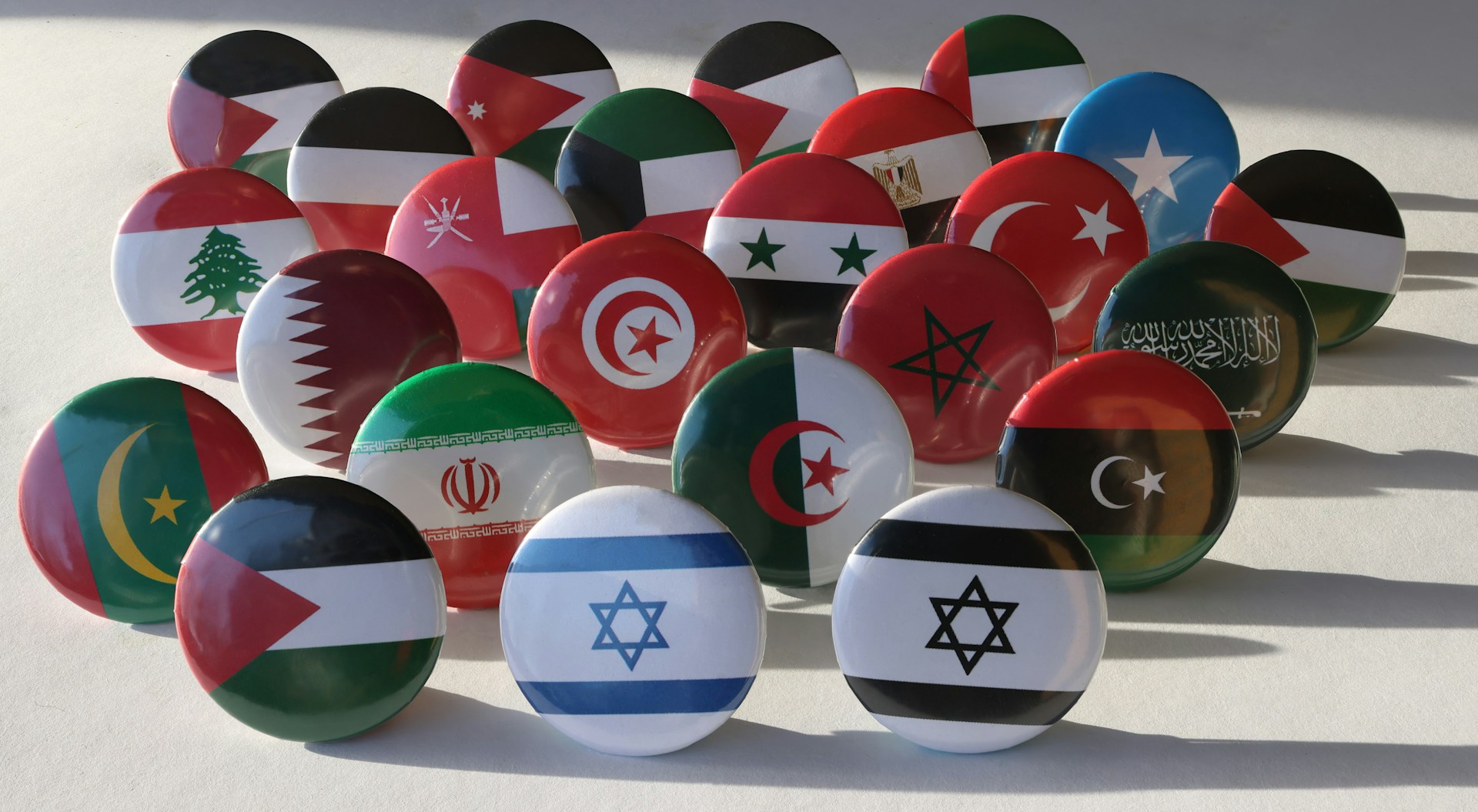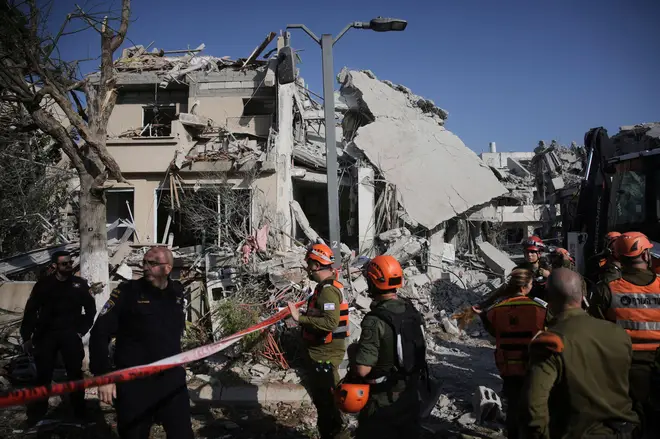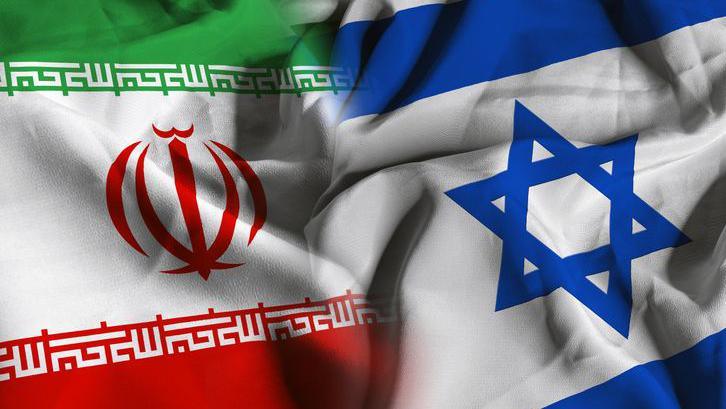By Maria Ravani,
It was the beginning of a normal Friday—at least for some of us—when news of an Israeli attack on Iran broke out. The first shock that was caused by this news was quickly overcome, especially for those that knew the years of animosity that have transpired between those two countries. But still, why now when all the world is side-eyeing Israel for its crimes on Gaza?
Truth be told, it was not the first time that these two have come to blows—at least in the last five years. On October of 2024, Iran launched a massive missiles attack against Israel, as retaliation to the killing of the leader of Hezbollah, Hassan Nasrallah (27 of September) and the leader of Hamas, Ismail Haniyeh (31 of July). Then, on April 2024 Israel launched its own missile attack towards an air-defense radar facility near Isfahan, as an answer to the prior attack they sustained that year. Both these incidents were contained and the clash did not escalate. But, the tension was still evident in all public statements from official representatives of both states, reminding everyone that nothing was forgiven nor forgotten.

The two forces—although once allies—have turned on each other, after the Arabs Spring of 1979 and the overthrown of Iran’s last Shah, Mohammad Reza Pahlavi. It is actually really fascinating to think that years ago, Iran was one of the biggest—in terms of population—Arab state that recognized Israel as a state. From then, a lot of things have changed. Hezbollah made its appearance and shook things up, with various attacks on Israeli targets. Hamas has also contributed to regional instability through both its armed actions and its governance of Gaza. And Israel appears to be on a path to rule as many regions of Middle East as possible, with a political and military regime that does not listen to global critics nor really cares about “fancy” stuff, like international laws and human rights.
As of Sunday 15 of June 2025, both sides count dozens of deaths and hundreds of injured, with most of the attacks being directed to important military targets. Israel is targeting mainly infrastructure that is related to Iran’s nuclear plan, while Tehran’s government stated that their attacks targeted mainly “fighter jet fuel production facilities and energy supply centers”. Israel’s leader Netanyahu promoted this attack as “help” towards the oppressed people of Iran, trying to free them from the oppressive political regime of their country. This statement was criticized—rightfully so—while sounding also really similar to a statement that Russian president, Vladimir Putin made, a few years ago, when starting the war on Ukraine. In other words, another “holy” and “rightful” war to “save people”, while spreading death and destruction.

This clash among two very important state actors in Middle East—both of which hold significant nuclear power by the way—is not to be taken lightly. Nor is it just a matter of Middle East and we should not be worried about that. An imminent catastrophe in the Middle East means that people lives all over the globe will be changed instantly. The cost of living will skyrocket, uncertainty will prevail and one little spark—such as the one we are witnessing these last 2 years with Palestine and Israel and now Iran and Israel—could mean the involvement of two other really important actors: U.S.A and China. Both countries have reasons to be involved in these situations, especially if things take a turn for the worst. And once these two enter the game, then the rest of the world will have to as well—sooner or later.
All eyes are in Middle East right now. And it looks like the situation will surely become more complicated. With the global backlash against Israel and the humanitarian aid marching to Gaza from all the parts of the world, with threats of nuclear annihilation going back and forth between Israel and Iran, and USA trying to play the referee, things will for sure be interesting. The question however appears to always be the same: How will Europe and United Nations react? Will they just refrain to mediocre statements of “frustrating situations” or actually move to action? For now, it looks like we will only remain to “disapproving” phone calls between political leaders and a “disappointed but not surprised” global community…
References
- LIVE: Iran fires missiles at Israel, kills 10, after attacks on oil sites. Al Jazeeira. Available here
- Israel-Iran strikes: What are the worst-case scenarios? BBC. Available here
- Iran and Israel continue exchanging strikes, leaving several dead and dozens injured. Euronews. Available here
- Netanyahu attacked Iran to avert an ‘existential threat’. He may have made it worse. The Guardian. Available here




